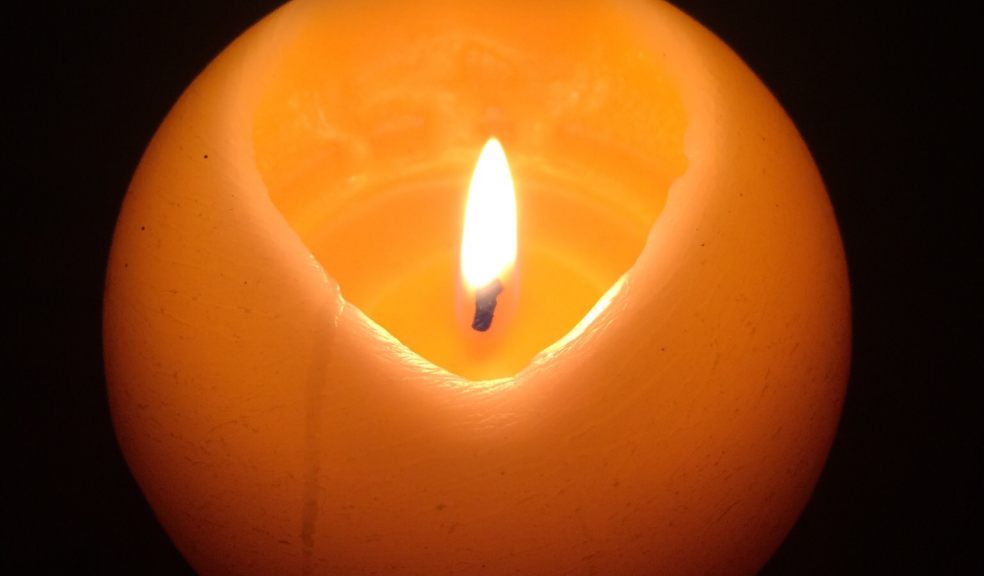
Are we living in an era of darkness or light?
The journalist Jeremy Seabrook once researched how people felt about social change in their life time. ‘Had life generally improved or worsened during their lives’, he asked. His conclusion was that people felt things had got better but people had got worse!
Looking back over history we now talk about the ‘Dark Ages’, ‘Middle Ages’, ‘Reformation’, Time of Enlightenment? So how will future generations view and label our own era?
Sadly, one candidate could be ‘An Age of Loss’.
There is much to suggest our contemporary society has no direction or purpose. Some psychologists even suggest we are struggling with an immense bereavement as our identities and cultures are challenged and broken down. Futurologists such as Alvin Toffler predicted that our technological developments would outstrip the ability of our psyches to absorb them.
There is no doubt we are losing much at a local and global level. Tree cover, habitat, species are all in a dangerous decline of biodiversity. Non-renewable resources are either running out, or too expensive or dangerous to extract. Our human health and welfare is under pressure from a decline in services on the one hand, and a growth in chronic illness, including massive mental health challenges, on the other. Losing our health could be a significant component of our age.
To environmental estrangement we could also add the loss of community. Pervasive ‘disassociation’ with both the earth as our common home and a sense of belonging to a common humanity, are examples of the same malaise – a loss of meaningful relationships.
We experience a loss of who we are – our identities being eroded by competing calls and drives. It seems the temptation to become passively entertained global consumers totally outweighs any aspiration to become good neighbours, loving friends or caring families. We want to gain the whole world – but run the risk of losing our own souls.
Alternatively, will the future look back to these decades as an ‘Age of Change’? That doesn’t feel entirely accurate right now, but it may be that we are too close to today to see the bigger picture of tomorrow. It is said the darkest point of the night is just before dawn, so are there more optimistic signs in contrast to the sobering paragraphs above?
Many international agencies suggest that in overall terms human well-being is improving. Around the world markers such as access to education, eradication of major diseases, falling infant mortality are getting better. The Sustainable Development Goals (SDGs) reinforce the importance of enhanced development everywhere to address poverty, inequality and malnutrition.
The membership of campaigning organisations, climate change activism, Transition Movement, Women’s groups, human rights work, cultural diversity coalitions and so on, is reported to be higher than ever. The wave of bio-regionalism with more local communities re-gaining control of their resources, infrastructure and decision-making is also very positive. Community food and energy projects in Devon illustrate this trend in microcosm.
Old socio-political boundaries are changing fast as contemporary structures of governance creak at the seams and fall apart. From their remains new alliances and associations are germinating. Some of these are closed and incite fearful divisions. But most are creatively progressive and offer enormous opportunities of human-scale change combined with ecological wisdom. One example of this is the increasing international interest and experimentation with Citizens’ (or Basic) Income Schemes or, locally, the work of the embryonic Devon New Economy Forum.
Maybe if enough seeds are sown in the detritus of the global capitalism which is endangering the long-term well-being of people and planet, the generations of the future might, against very heavy odds now, look back at the early 21st century as a time of hope and possibility: perhaps ‘An Age of Transformation’, with as profound consequences as ‘The Reformation’ had five hundred years ago?




















